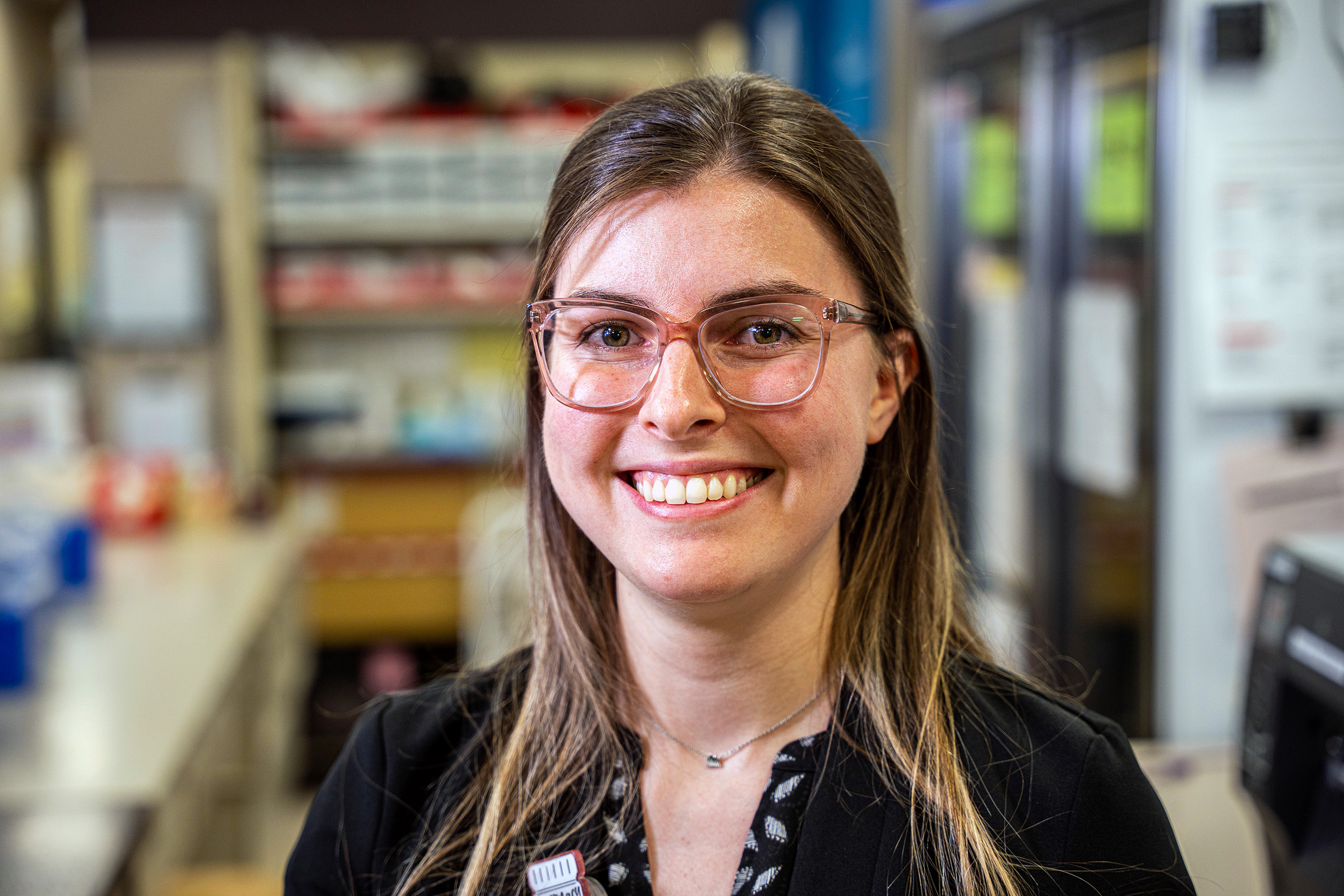What to know before giving your child medicine

When needed, medicines can improve lives and even save them. However, too much of any medicine can be deadly for a toddler, child or teenager. When giving children medicine, whether over-the-counter or prescription, it’s important to give them the correct dose and measure carefully.
Many children's medicines come in liquid form or chewable. All forms come with a label and instructions that should be read carefully before giving to a child.
“Some medicines may come in different strengths for infants and children. Be sure the medicine you give your child is right for his or her weight and age range,” says Megan Fleischman, a clinical pharmacist who is completing her first year of pharmacy residency at Aspirus Wausau Hospital. “Look very carefully at how the dose amount is written. Be especially careful if you see a period in the middle of the number. For example, ‘0.5 mL’ is not the same as ‘5 mL.’ Mixing these up can mean giving 10 times more or less than the child needs. If you are ever in doubt, call your local pharmacist or physician and they would be happy to help.”
Giving a child medicine can be very dangerous if done incorrectly. Here are some important safety tips to remember before giving a child medicine, according to the American Academy of Pediatrics.
- Never refer to medicine as "candy" or another appealing name. This can confuse or tempt a child to try other pills or medicine when unsupervised.
- Be careful to give the correct dose and measure it out exactly. This includes reading the label each time over-the-counter drugs like acetaminophen and ibuprofen, two popular pain and fever medicines, are given.
- Use a medicine syringe or dropper to measure the correct amount. Regular kitchen spoons do not accurately measure medicine and should be avoided. If you do not have any medicine droppers or syringes, your local pharmacy will likely have them.
- Be aware that some over-the-counter medicine is adult-strength and should never be used with children. Talk about safer options with a pediatrician or pharmacist.
- Give the medicine at the times intended, based on the prescription or as instructed by the doctor or pharmacist. If a dose is missed, ask the doctor or pharmacist what to do. Never double up on doses unless you are told by the doctor or pharmacist.
Parents having trouble understanding medicine instructions should contact their pharmacist. It is better to ask questions than to give the medicine incorrectly.
If a child is suspected to have taken too much of any medicine, call poison control at 800-222-1222.
To find an Aspirus pharmacy near you, visit www.aspirus.org/find-a-location.